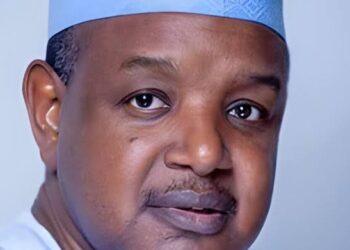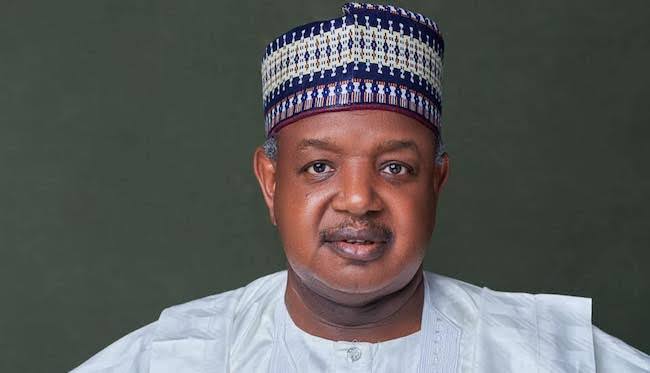The Nigerian Federal Government has disclosed its intent to lay a supplementary budget estimate of N6.2 trillion to address the new proposed national minimum wage and to be used for infrastructural development that focuses on stimulating the economy.
This disclosure was made on Monday by the Minister of Budget and National Planning, Atiku Bagudu, while presenting the President’s proposal to the House of Representatives Committee on Appropriation in Abuja.
During the conference, the Minister said that the supplementary budget will provide N3 trillion for the implementation of the national minimum wage, as agreed by President Bola Tinubu, and N3.2 trillion for the construction and upgrading of infrastructure and facilities, namely roads, rails, water, irrigation, and dams.

The funds will be utilised for various projects to be undertaken in the last fiscal year of the company.
The supplementary budget in the current policy formulation seeks to tackle the infrastructural backlogs that inhibit the growth of the nation. Some of the critical transport infrastructure in Nigeria is: Port Harcourt Main Bridge, Badagry-Tin Can Port and Lekki Port, Lagos-Ibadan Standard Gauge and Kano-Marada Standard Gauge rail projects, and rolling stock funding for the five rail projects totaling N530 billion. Similarly, one hundred and twenty-two billion and five hundred and twenty N522 billion have been set aside for water, irrigation, and dam projects.
The Minister sought to assure the committee that any constraints in terms of revenue to fund the 2024 Appropriation Act would not be occasioned by the projects contained in the bill amending the 2024 Appropriation Bill. He further noted that the government is aware of its mandate over the infrastructural deficits and security challenges of the nation.
The chairman of the House Committee on Appropriation, Abubakar Bichi, cautioned the government about the poor implementation of the so-called proposed budget and urged the government to be more accountable.

















